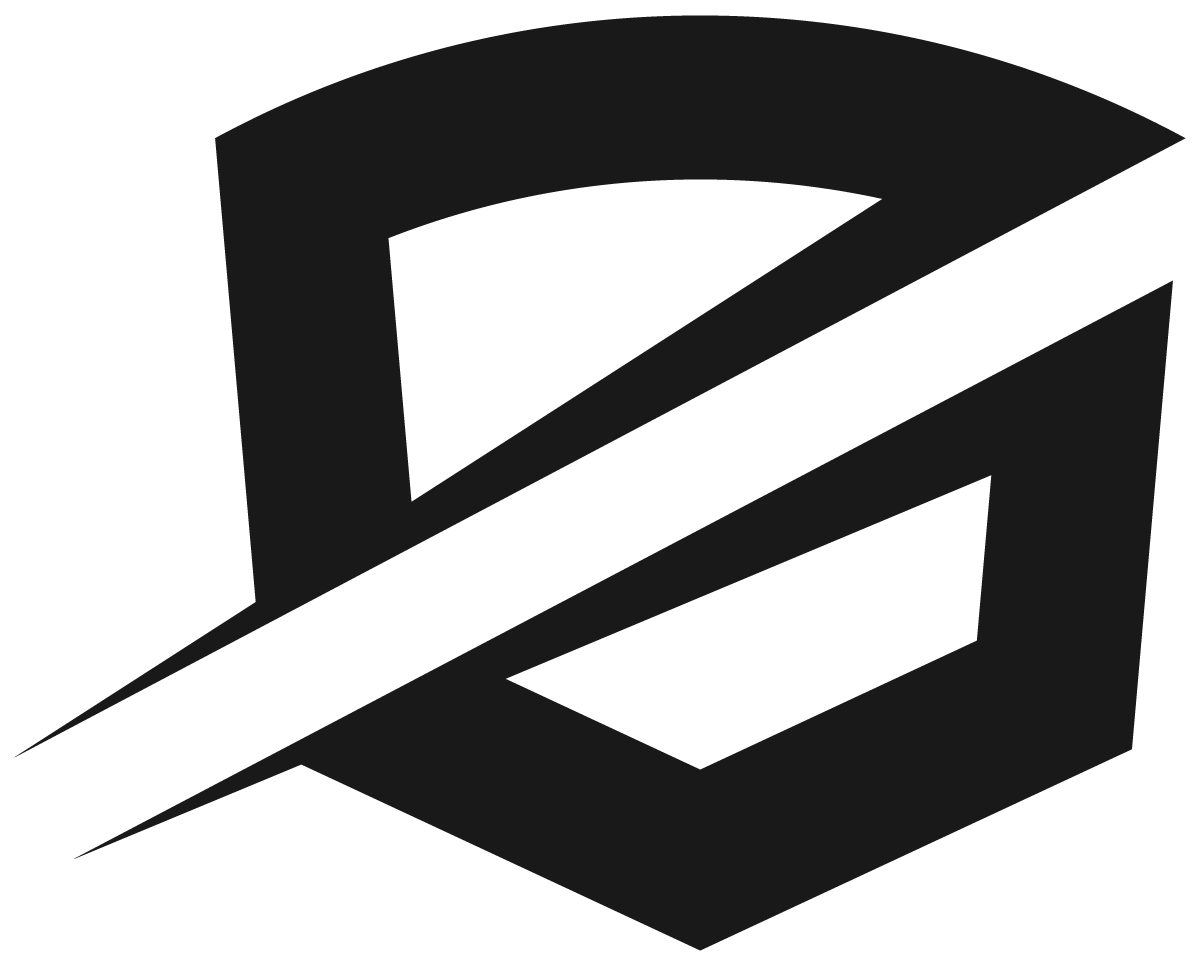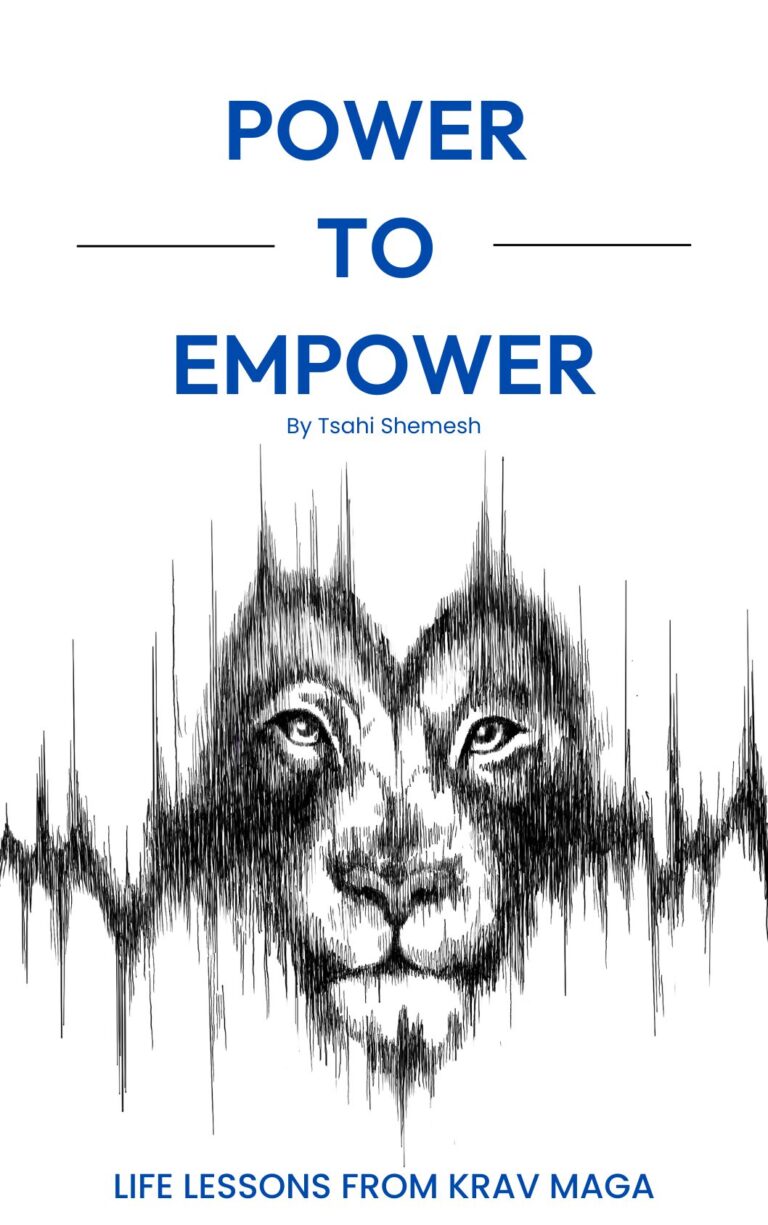How a Culture That Fears Discomfort Lost Its Heroes
This morning, I overheard a young woman in her twenties say to her friend, “You are such a hero.” I turned to see what she was talking about. Her friend had spoken up during a group project meeting and disagreed with her classmates. Calmly. Confidently. Nothing dramatic. Yet the room apparently treated that as an act of bravery.
That moment stayed with me. It showed how far we have drifted from strength. We now call it “heroic” to do what used to be normal. To voice an opinion. To handle tension without breaking. To exist without apology. When everyday behavior feels extraordinary, it means the social fabric has weakened. The threshold for courage has collapsed so low that even simple assertiveness is celebrated as valor.
Heroism once meant something very different. It was the firefighter running into a burning building. It was the soldier who carried a wounded comrade under fire. It was the mother who shielded her child when there was no time to think. It meant sacrifice. It meant risk. It meant putting something greater than comfort or fear above your own safety. Those people did not ask for recognition. They acted because duty was stronger than fear. That used to be our standard.
Today, that standard has almost disappeared. Duty has been replaced by self-expression. People are encouraged to feel endlessly rather than act decisively. Strength is viewed with suspicion. Fragility is mistaken for virtue. We live in a time when emotional exposure earns more praise than moral courage. The word “hero” has been handed out so freely that it has lost its meaning. When language loses its precision, a culture loses its backbone.
Real heroism is not about feeling brave. It is about doing what is right when fear tells you not to. It is about standing up when others freeze. It is about protecting others even when the cost is high. It is the essence of an ancient idea from Pirkei Avot, the Ethics of the Fathers. The sage Hillel the Elder said, “If I am not for myself, who will be for me? If I am only for myself, what am I? And if not now, when?”
The first part is a lesson in self-reliance. It means that no one else will carry your burden or fight your battles. You must be responsible for yourself, your choices, and your survival. The second part warns that strength without compassion is meaningless. Power must serve something greater than the self. And the final part, “If not now, when?” demands action. It rejects hesitation and self-pity. Together, these lines form a complete philosophy: protect yourself, act with conscience, and do it now.
If people are not willing to be their own heroes, if they cannot stand for themselves, how will they ever stand for others? How will they defend their families, their communities, or their country? How will they protect democracy or the fragile principles that hold it together? A society that treats discomfort as danger will collapse the moment true danger appears. A generation that cannot handle disagreement will never handle evil.
Self-reliance is not selfishness. It is the foundation of a functioning society. A nation made of people who wait to be rescued will eventually discover there is no one left willing to rescue them. Evil does not have to win by force. It only needs good people to grow soft and fearful. The moment we stop believing in our own strength, we start surrendering it. That is how civilizations die. Not with a fight, but with quiet resignation disguised as compassion.
We already see the symptoms. In cities where crime is tolerated to avoid confrontation. In schools that tell children to stay silent instead of teaching them how to stand firm. In societies that apologize for defending themselves. These are not signs of moral progress. They are signs of fear pretending to be kindness. When safety becomes the highest goal, freedom becomes the first casualty.
Nature does not reward fragility. It removes it. Every species that survives does so by facing threats, not avoiding them. Humanity is no exception. A generation that has forgotten how to face a challenge will not endure it. Heroism is not meant to feel comfortable. It exists to remind us what matters more than comfort.
Real heroes still walk among us. They are the medics who run toward explosions. The parents who sacrifice for their children. The soldiers who stand guard so others can sleep. The teachers who speak the truth when it is unpopular. They do not ask to be celebrated. They act because something within them refuses to surrender to fear. That instinct to serve and to protect is the reason humanity still stands.
We should not redefine heroism to match our weakness. We should rise to meet its true meaning. Safety is not just a right. It is also a responsibility. Courage is not a feeling. It is a decision repeated daily. If we forget that, we will lose the will to protect what we love.
“If I am not for myself, who will be for me? If I am only for myself, what am I? And if not now, when?” These words have lasted two thousand years because they are true in every generation. Strength without compassion becomes cruelty, but compassion without strength becomes collapse. The world does not need more people who call themselves heroes. It needs more people who act like them.
Do something amazing,
Tsahi Shemesh
Founder and CEO
Krav Maga Experts
Relevant Articles:
We Are Raising Fragile Minds in a Dangerous World
When comfort becomes the goal, survival becomes optional.
The Paradox of Choice
Too many options make people weak. Freedom without purpose creates paralysis.
Surviving an Active Shooter: Lessons from a Heroic Teacher’s Response
Real heroism is not theory. It is action when fear says run.
Why Women’s Perception of Self-Defense Is Usually Wrong
Protection is not paranoia. It is a responsibility learned too late by many.
Being an Up-Stander Is a Form of Leadership
Morality is not built in theory. It’s proven in the moment you decide to act.

